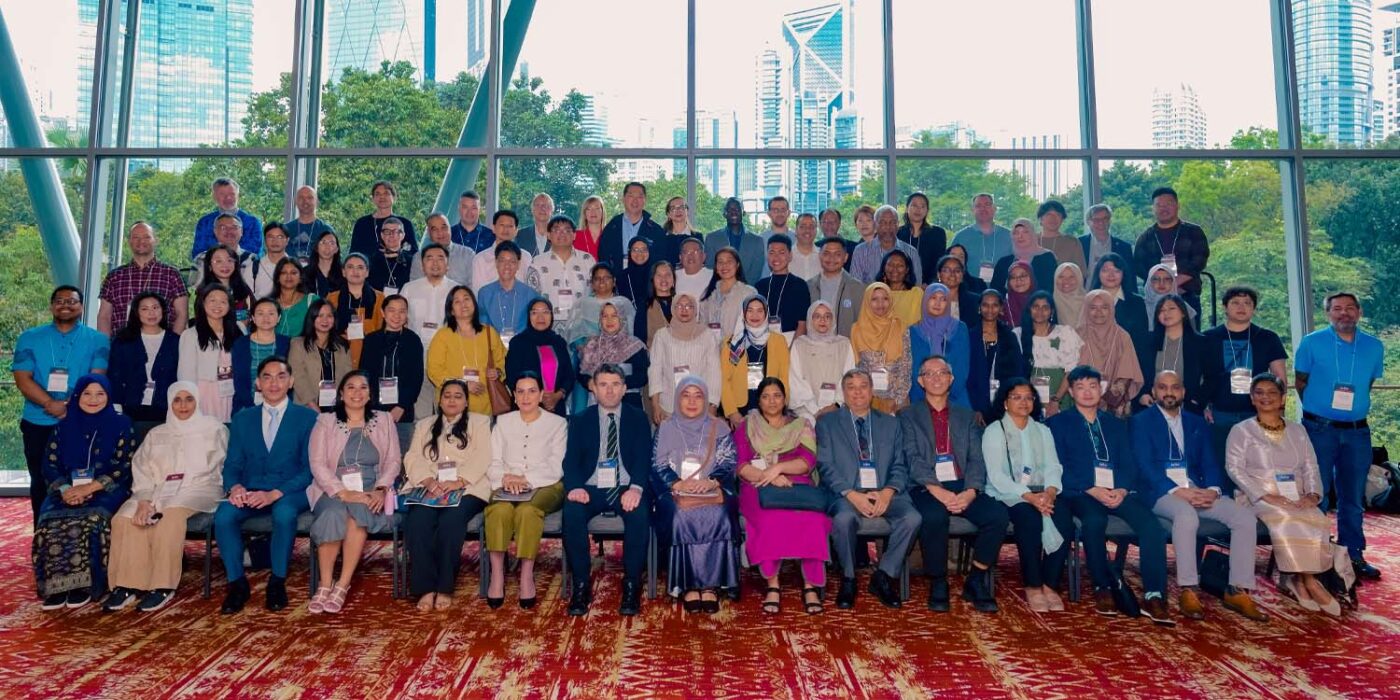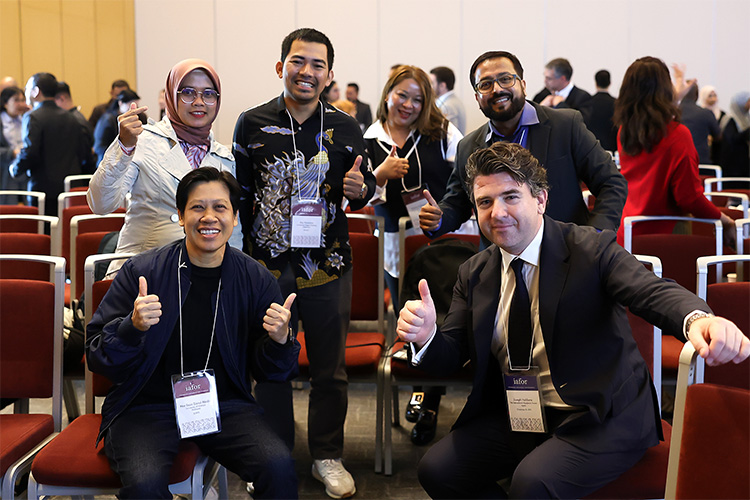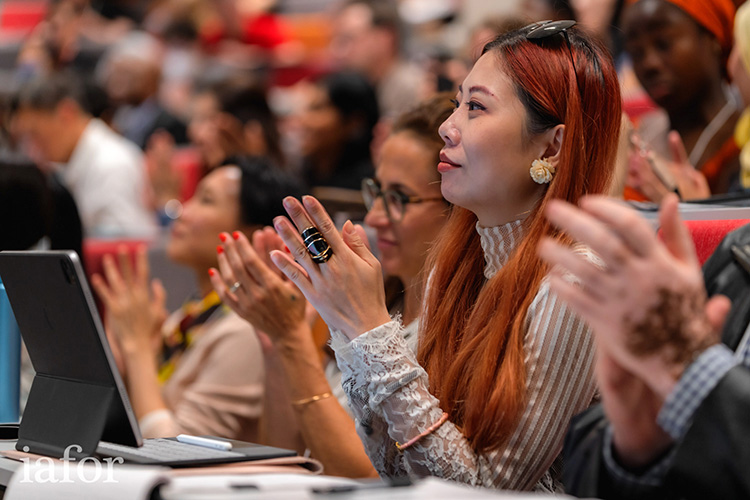Submissions are now open for the 6th Southeast Asian Conference on Education (SEACE). The abstract submission deadline is Friday, November 7, 2025.
The 6th Southeast Asian Conference on Education (SEACE2026)
February 05-09, 2026 | Singapore EXPO, Singapore & Online
Welcome to The 6th Southeast Asian Conference on Education!
Held in partnership with the IAFOR Research Centre at the Osaka School of International Public Policy (OSIPP) at Osaka University, Japan, and our global partners, SEACE2026 has firmly established itself in our calendar as a welcome complement to our global conference programme.
This year, we return to Singapore, situated centrally in the Southeast Asian region, which also comprises Indonesia, Vietnam, Laos, Brunei, Thailand, Myanmar, the Philippines, Cambodia, and Malaysia. Southeast Asia is a vibrant, thriving, and developing region, and boasts a great diversity of peoples, cultures, and ethnicities. As a financial and educational hub, Singapore is a great location to help further the IAFOR mission of encouraging interdisciplinary discussion, facilitating intercultural awareness, and promoting international exchange.
As an organisation that engages across all sectors of society, and with multiple stakeholders to engage in some of the biggest challenges and issues the world faces from an interdisciplinary perspective, we have aligned our research initiatives and conferences with the implementation of the 2030 Agenda for Sustainable Development as outlined in the 17 Sustainable Development Goals (SDGs), and around IAFOR’s four key themes: Technology and Artificial Intelligence; Humanity and Human Intelligence; Global Citizenship and Education for Peace; and Leadership.
SEACE2026 encourages academics and scholars to meet and exchange ideas and views in a forum stimulating respectful dialogue, and like our long-running events elsewhere in the world, will afford an exceptional opportunity for renewing old acquaintances, making new contacts, networking, and facilitating partnerships across national, cultural, and disciplinary borders. IAFOR was made possible, and is a response to, the forces of globalisation, and the understanding that many of the most pressing challenges, whether felt or experienced locally, would require global cooperation and action to address.
This year, we are pleased to be launching The Southeast Asian Conference on Arts and Humanities (SEACAH2026) to be held alongside SEACE. It will be our first such conference in the region, and we expect the joint event to excite even greater interest, and great outcomes. Registration for either of these conferences will allow delegates to attend any joint plenary session or parallel sessions as desired.
I look forward to seeing you in Singapore!
For and on behalf of the IAFOR International Academic Board
Dr Joseph Haldane, Osaka University, Japan & University College London, United Kingdom
Chairman and CEO, IAFOR
Professor Jun Arima, University of Tokyo, Japan
President, IAFOR
Professor Anne Boddington, Middlesex University, United Kingdom
Executive Vice-President and Provost, IAFOR
- Location & Venue: Singapore EXPO, Singapore & Online
- Dates: Thursday, February 05, 2026 to Monday, February 09, 2026
- Early Bird Abstract Submission Deadline: August 29, 2025*
- Final Abstract Submission Deadline: October 31, 2025
- Registration Deadline for Presenters: December 05, 2025
*Submit early to take advantage of the discounted registration rates. Learn more about our registration options.
Call for Papers
The SEACE2026 Conference Programme Committee welcomes papers from a wide variety of interdisciplinary and theoretical perspectives, and submissions are organised into the following streams:
- Teaching & Learning
- Educational Structures
- Community & Society
- Language & Culture
- Psychology, Mind & Brain
- Innovation & Technology
- Special Themes and Areas of Focus
IAFOR's Conference Themes for 2025-2029
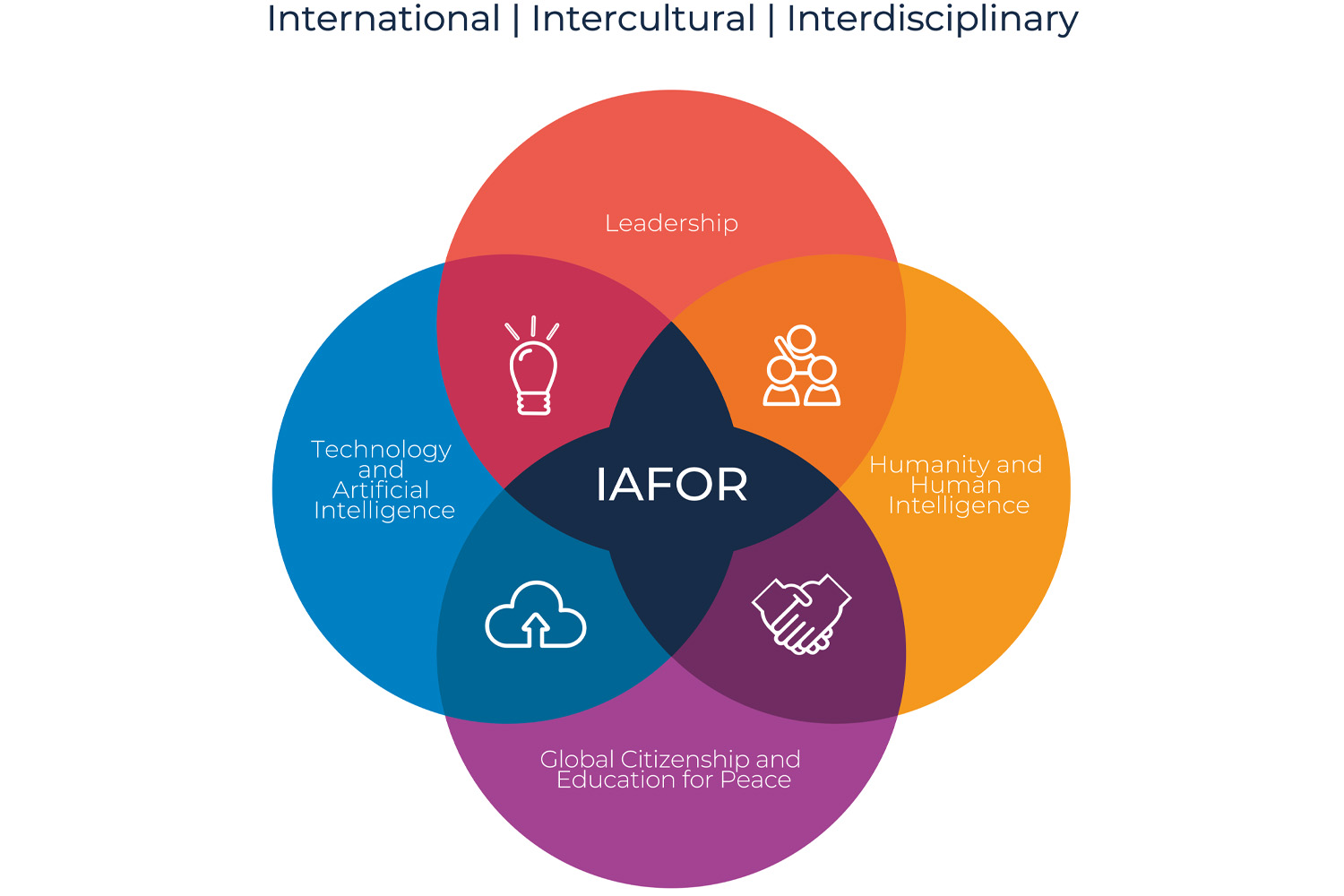
Our four themes can be seen as standalone themes, but they are also very much in conversation with each other. Themes may be seen as corollaries, complementary, or in opposition/juxtaposition with each other. The themes can be considered as widely as possible and are designed, in keeping with our mission, to encourage ideas across the disciplines.
Read Last Year's Conference Report
Conference News
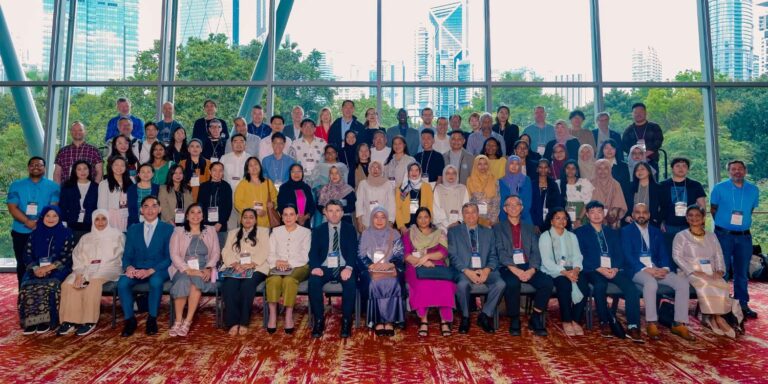
Conference Report and Intelligence Briefing: SEACE2025

IAFOR Grant and Scholarship Recipients: The 5th Southeast Asian Conference on Education (SEACE2025)

Conference Report and Intelligence Briefing: SEACE2024
Sponsorship & Exhibition
About IAFOR’s Education Conferences
IAFOR promotes and facilitates new multifaceted approaches to one of the core issues of our time, namely globalisation and its many forms of growth and expansion. Awareness of how it cuts across the world of education, and its subsequent impact on societies, institutions and individuals, is a driving force in educational policies and practices across the globe. IAFOR’s conferences on education have these issues at their core. The conferences present those taking part with three unique dimensions of experience, encouraging interdisciplinary discussion, facilitating heightened intercultural awareness and they promoting international exchange. In short, IAFOR’s conferences on education are about change, transformation and social justice. As IAFOR’s previous conferences on education have shown, education has the power to transform and change whilst it is also continuously transformed and changed.
Globalised education systems are becoming increasingly socially, ethnically and culturally diverse. However, education is often defined through discourses embedded in Western paradigms as globalised education systems become increasingly determined by dominant knowledge economies. Policies, practices and ideologies of education help define and determine ways in which social justice is perceived and acted out. What counts as "education" and as "knowledge" can appear uncontestable but is in fact both contestable and partial. Discourses of learning and teaching regulate and normalise gendered and classed, racialised and ethnicised understandings of what learning is and who counts as a learner.
In many educational settings and contexts throughout the world, there remains an assumption that teachers are the possessors of knowledge which is to be imparted to students, and that this happens in neutral, impartial and objective ways. However, learning is about making meaning, and learners can experience the same teaching in very different ways. Students (as well as teachers) are part of complex social, cultural, political, ideological and personal circumstances, and current experiences of learning will depend in part on previous ones, as well as on age, gender, social class, culture, ethnicity, varying abilities and more.
IAFOR has several annual conferences on education across the world, exploring common themes in different ways to develop a shared research agenda which develops interdisciplinary discussion, heightens intercultural awareness and promotes international exchange.
About IAFOR
Founded in 2009, The International Academic Forum (IAFOR) is a mission-driven politically independent non-partisan and non-profit organisation dedicated to encouraging interdisciplinary discussion, facilitating intercultural awareness and promoting international exchange, principally through educational interaction and academic research. Based in Japan, its main administrative office is in Nagoya, and its research centre is in the Osaka School of International Public Policy (OSIPP), a graduate school of Osaka University.


